Many people believe that drinking tea at night will inevitably lead to insomnia. While it is true that tea can have a stimulating effect, it is also possible for tea to promote relaxation and improve sleep quality if consumed correctly. Here’s a closer look at how to enjoy tea in the evening without sacrificing your sleep:
Why Does Drinking Tea Cause Insomnia?
People often say that drinking tea can cause insomnia due to the caffeine it contains. While caffeine can indeed stimulate the brain and keep you awake, the claim that tea always leads to sleeplessness is not universally true.
The caffeine content in tea depends on various factors, such as the type of tea, growing conditions, harvest season, picking standards, and processing methods. Even the way tea is brewed can influence its caffeine levels.
Additionally, individual tolerance to caffeine varies based on personal constitution, lifestyle habits, and other factors. Some people might find themselves tossing and turning after just a small cup of tea before bed, while many regular tea drinkers, who love their evening tea, can still enjoy a good night's sleep.
Whether tea causes insomnia can vary greatly from person to person. Understanding your own sensitivity to caffeine and choosing the right type of tea at the right time can help you enjoy tea without affecting your sleep.
Tips for Drinking Tea Without Causing Insomn
Here are some effective tips to help you enjoy tea in the evening without worrying about losing sleep:
Drink Tea 3-5 Hours Before Bedtime
If you go to bed at 11 PM, have your tea by 8 PM (ensure it’s after a meal, about an hour after eating). For most healthy adults, caffeine begins to take effect within an hour and its impact typically wears off within 3-4 hours.
Rinse Tea Leaves 1-2 Times
Since caffeine is highly soluble in hot water, rinsing tea leaves with hot water for about 2 minutes can remove 70-80% of the caffeine. Discard the first two brews, which contain the most caffeine, to help reduce its effects on sleep.
Drink Lighter Tea
The caffeine effect requires a certain amount to be effective, and most people have some tolerance to caffeine. Lighter tea releases less caffeine, which can minimize its impact on sleep.
Choose Highly Fermented Teas
Teas such as fully fermented black tea contain tea polyphenols that have converted into theaflavins and thearubigins, reducing their stimulation of the stomach and their caffeine content. These oxidized polyphenols can bind with caffeine, lowering the amount of free caffeine ingested.
Sweet-tasting teas, like white tea, contain soluble sugars and sweet-tasting amino acids such as theanine. Theanine is known for its neuroprotective, calming, and mood-regulating effects, which can aid sleep without any side effects.
Opt for Aged or Fermented Teas
Aged teas such as ripe Pu-erh or old white tea are gentler on the stomach and less stimulating. These teas not only avoid causing insomnia but can also promote better sleep. Aged white tea, when brewed, is particularly beneficial.
Eat Sweet Foods
If you accidentally consume too much tea, eating some sweet foods or tea snacks can counteract the effects, allowing you to sleep soundly. Sometimes, having a sweet treat before bed can help mitigate the stimulating effects of tea.
Drinking tea doesn’t necessarily mean you’ll suffer from insomnia. By selecting the right type of tea, adjusting your brewing method, and timing your consumption, you can enjoy tea in the evening without affecting your sleep quality. If you’ve been experiencing sleep issues due to tea, try these tips to enjoy your tea without worrying about insomnia.

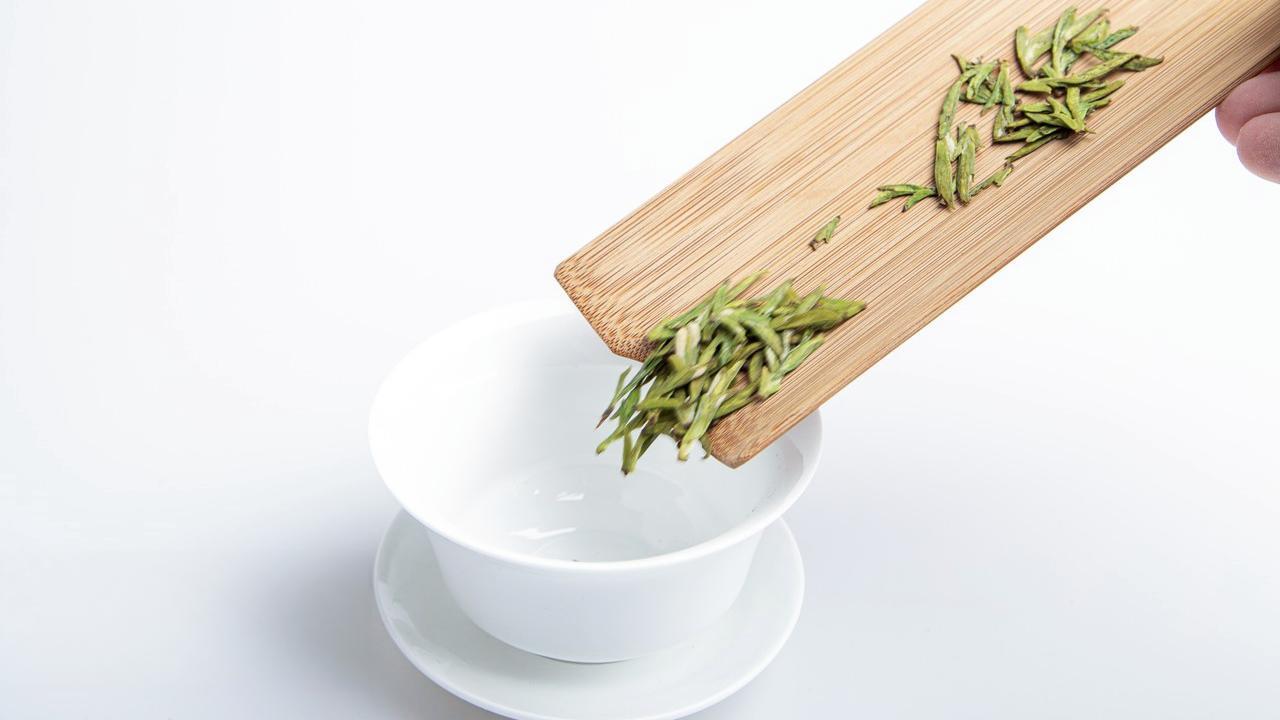
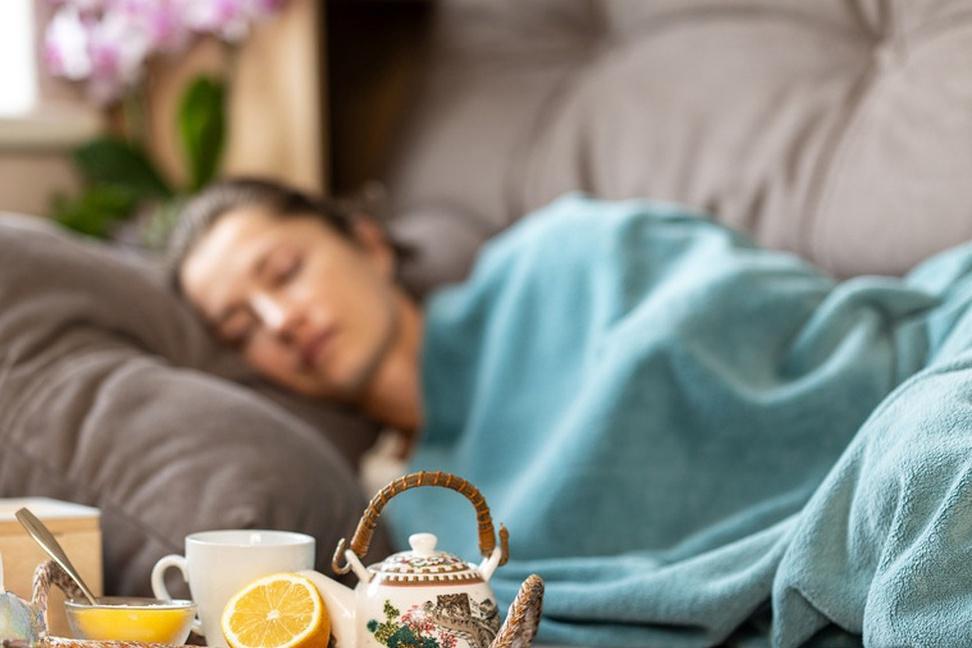
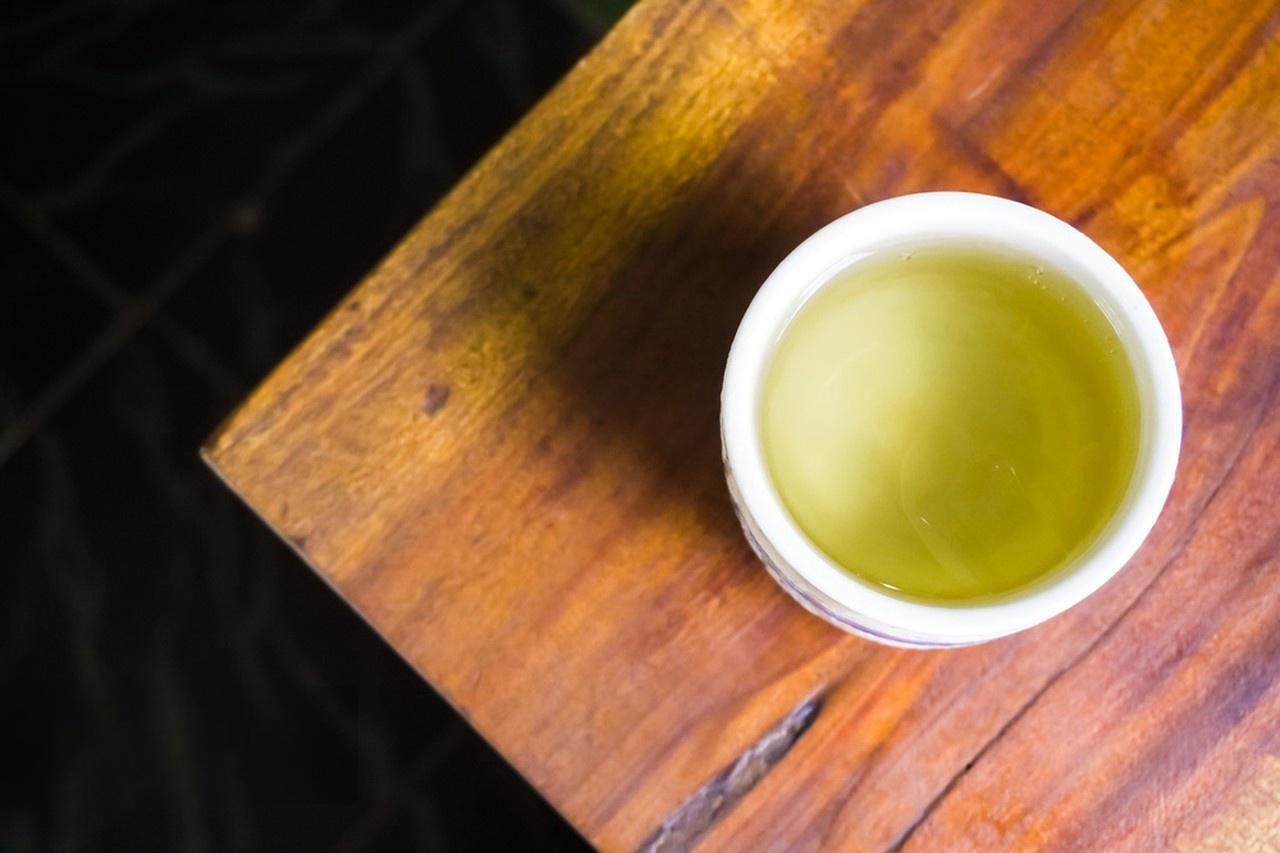
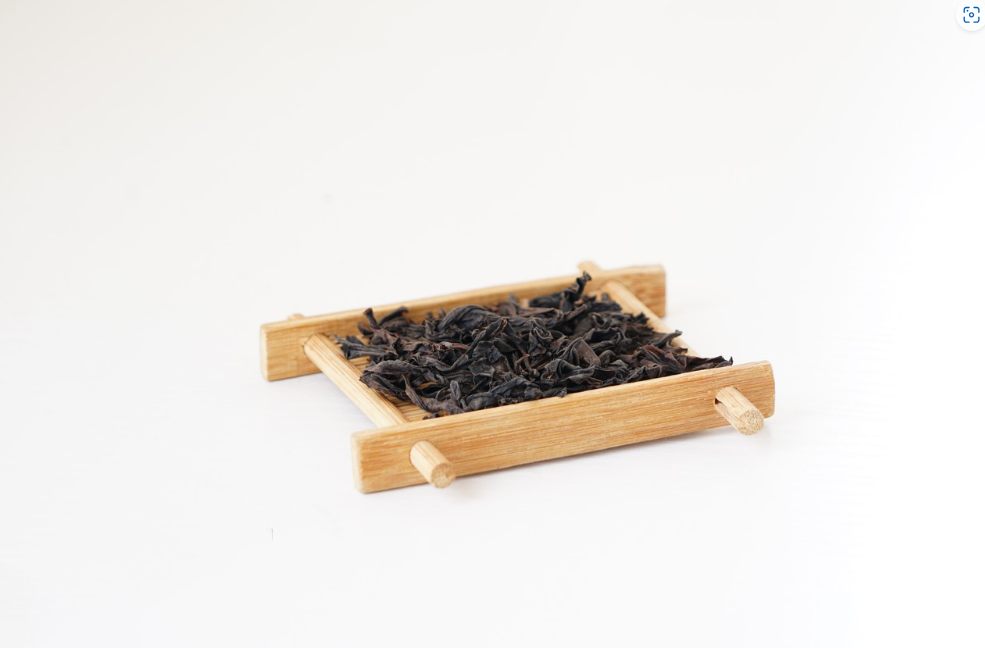
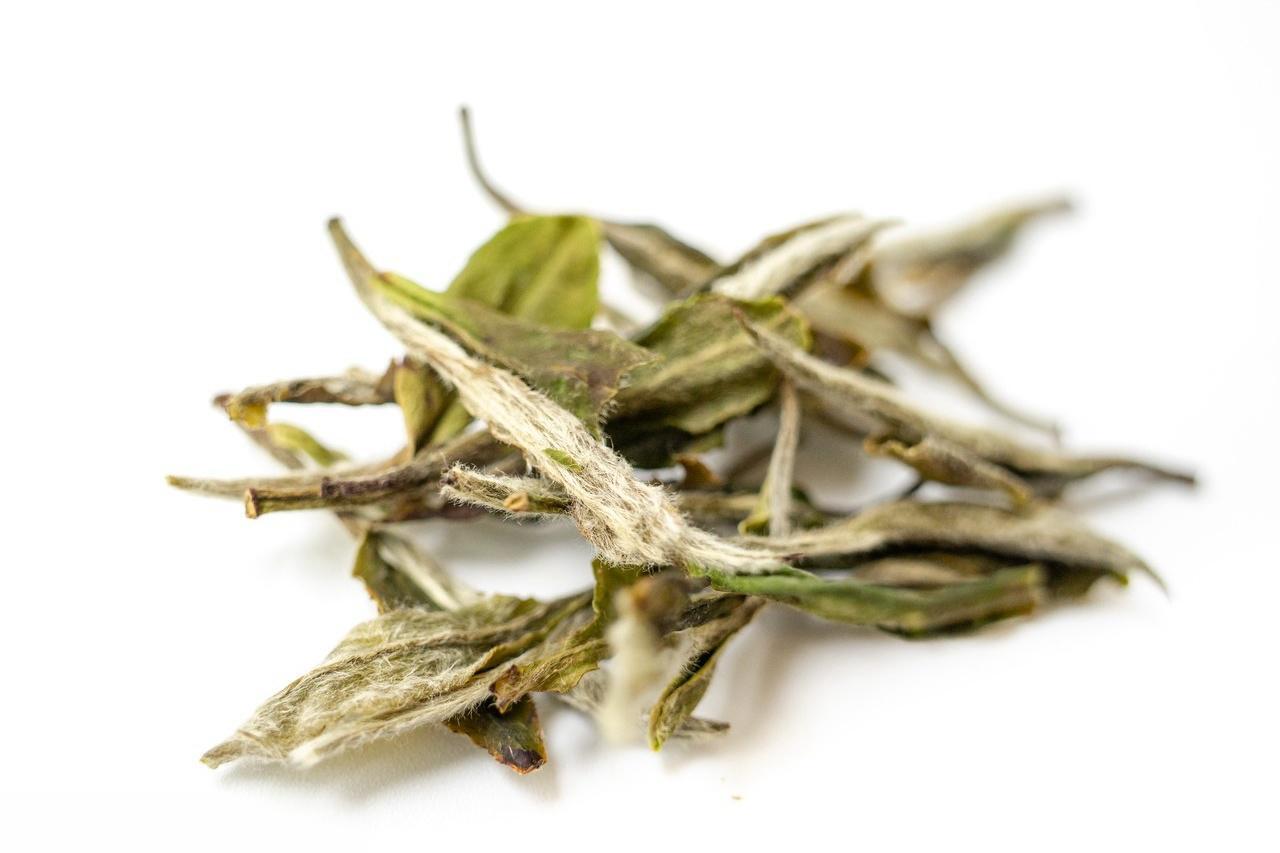
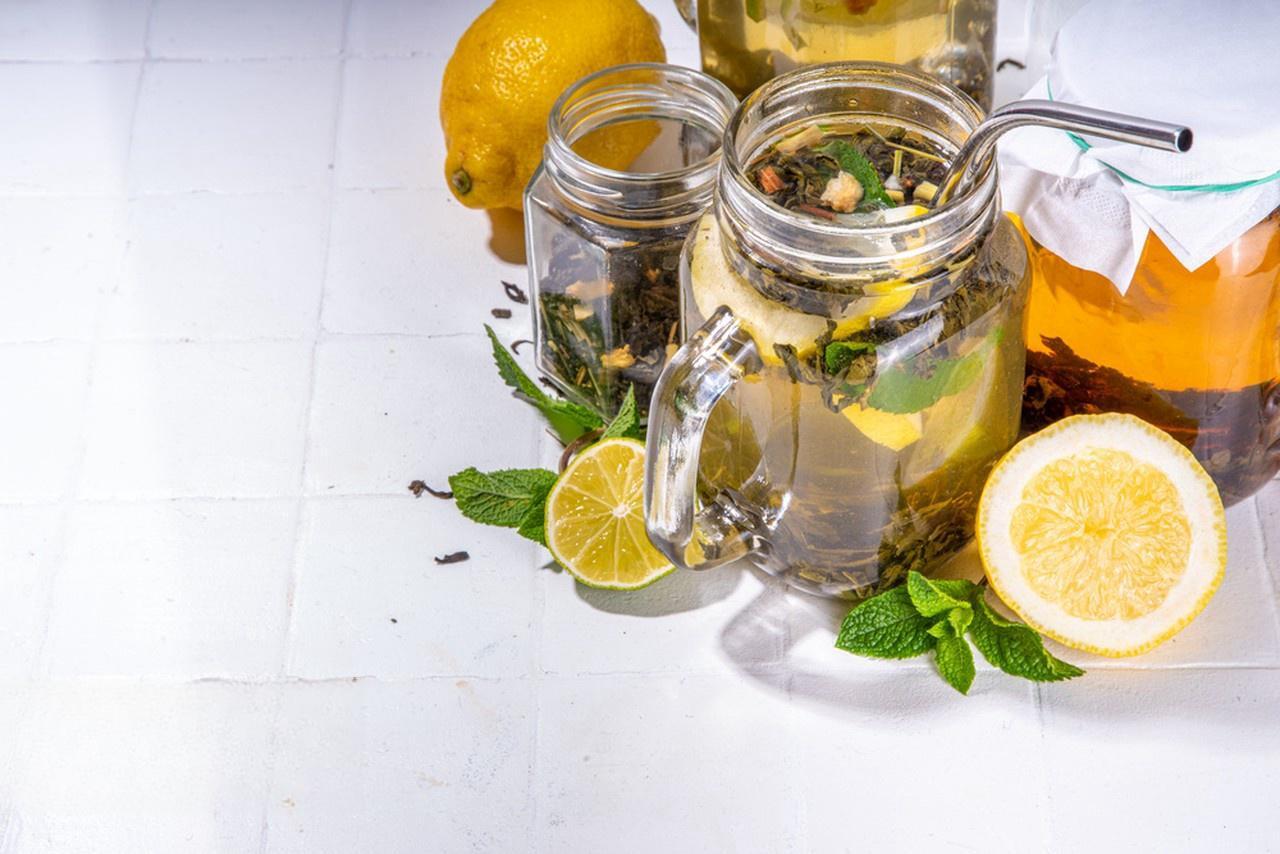
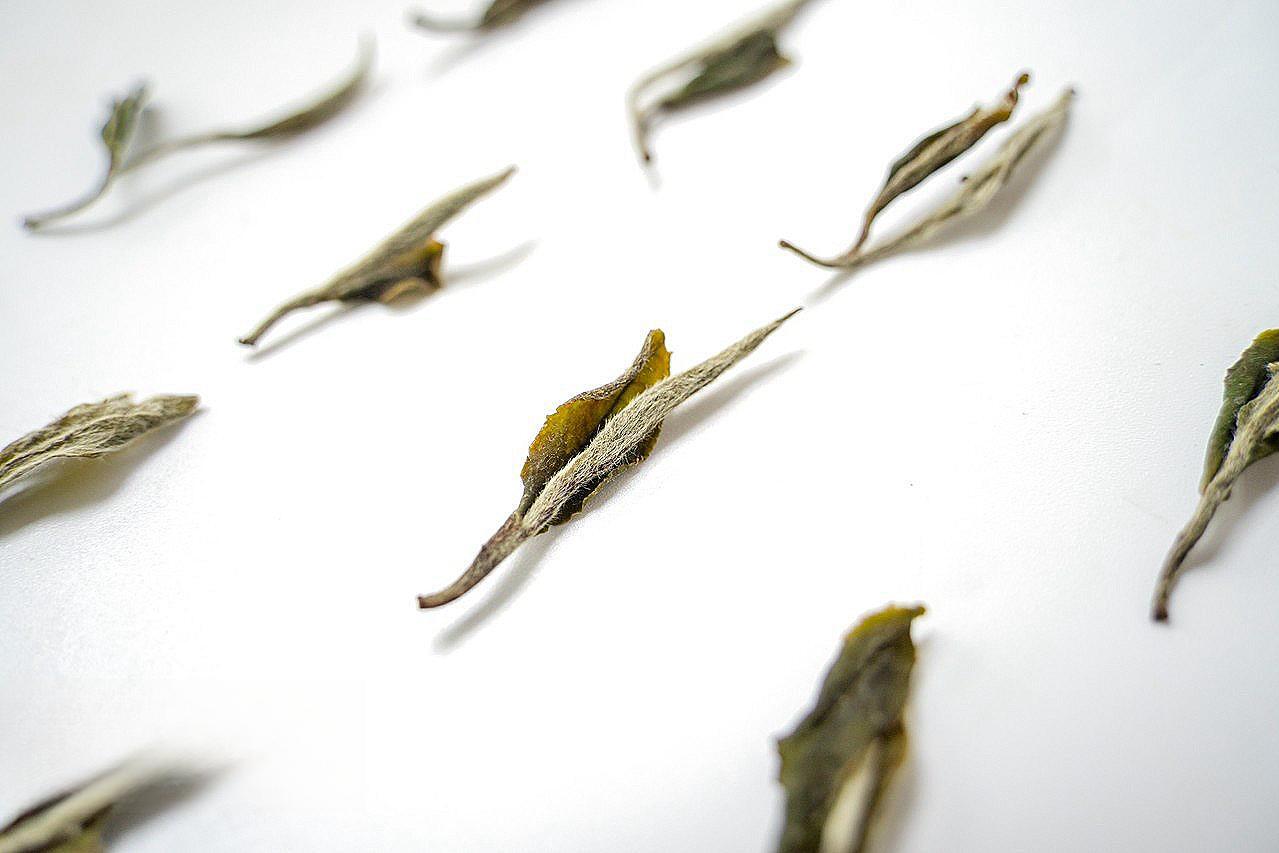
Leave a comment
All comments are moderated before being published.
This site is protected by hCaptcha and the hCaptcha Privacy Policy and Terms of Service apply.